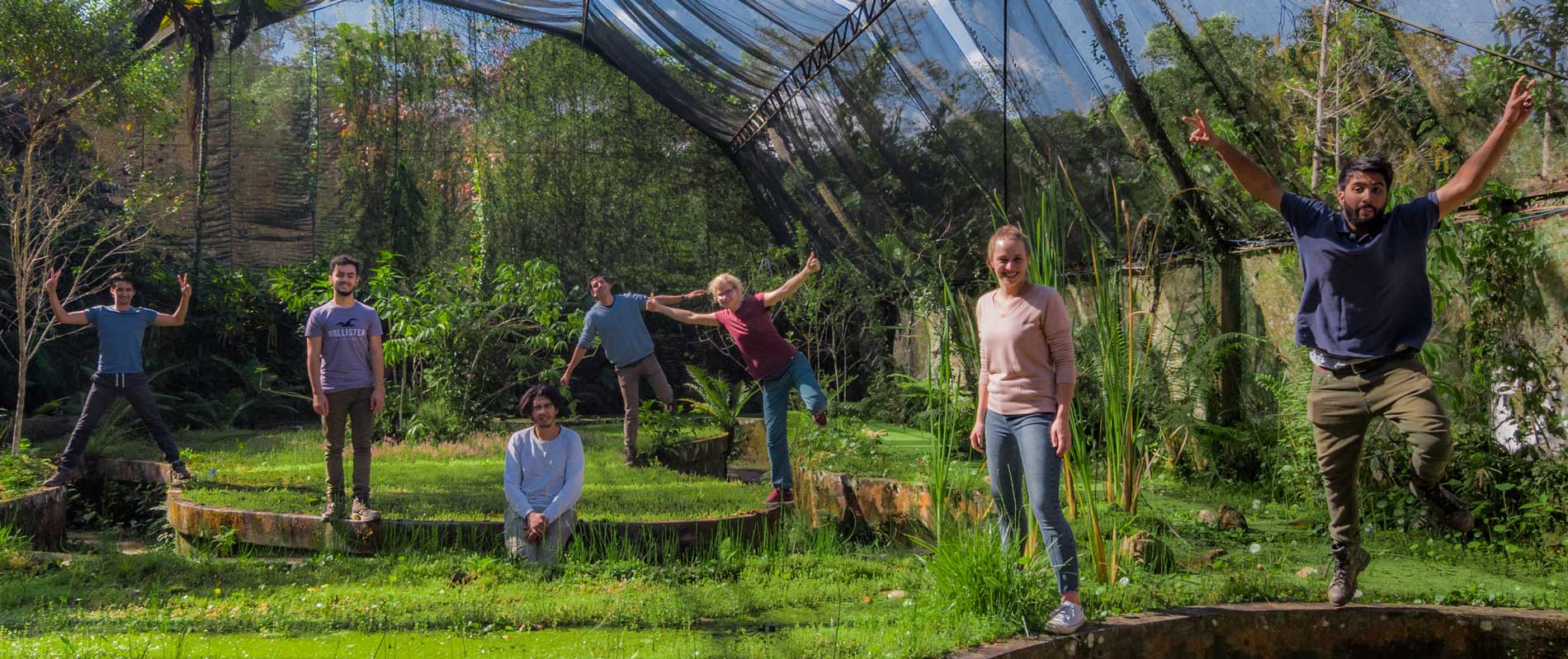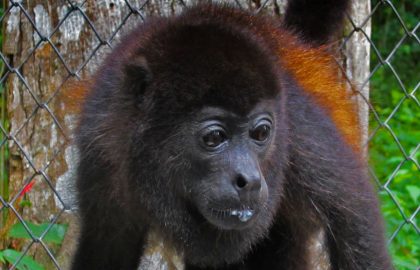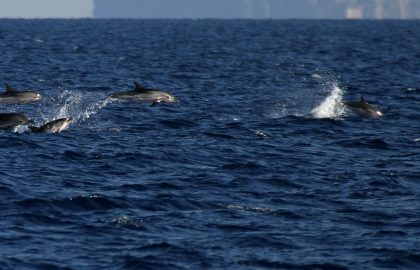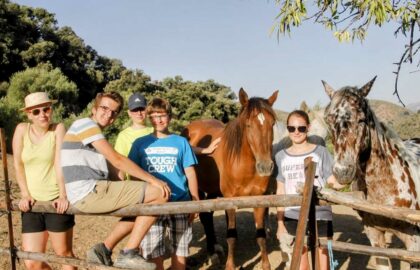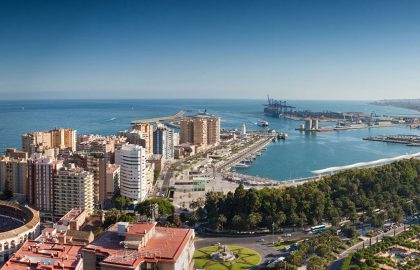Description
Location: We have two seperate programs. Amazon Program and Atlantic Forest Program, Brazil
Duration: minimum 3 weeks commitment in the Atlantic Forest and minimum 4 weeks in the Amazon Forest
Benefits:
- Two separate locations, choose between the Amazon and the Atlantic Rainforests or visit both!
- The Eco-Volunteer/Biodiversity Research Assistant role involves long-term field research with group activities as well as other more specialised research roles as well as media and arts roles.
- Tasks include tree inventory, gardening, mushroom identification, bird and mammal monitoring, fish inventory, reforestation, and exotic plant removal.
Intro.
This project is a non-governmental, non-profit organization dedicated to environmental education and scientific research on biodiversity, ecology, and the behaviour of species in Brazilian ecosystems. We aim to bridge the gap between scientific research and the general population, empowering society to make informed decisions about environmental issues.
Our goals are to integrate research with education, with infrastructure designed to facilitate academic studies while providing visitors with opportunities to learn about native species. Research efforts prioritize educational applications, such as the production of eBooks, fostering public understanding and appreciation of nature.
The institute’s mission extends to promoting conservation, management, and sustainable use of natural resources, as well as advancing eco-tourism and cultural projects in the region.
Our long-term vision is to establish five reserves with research centers across Brazil’s major biomes. Currently we have projects available in the Amazon and the Atlantic Forest, which you are able to join us in either or both of our locations.
Daily Life
The Eco-Volunteer/Biodiversity Research Assistant role involves a range of group activities primarily focused on long-term field research. Activities will include:
a) Tree Inventory: Marking and measuring tree species to study biodiversity and assess forest well-being, particularly important for identifying fruit tree species crucial for parrot release and monitoring.
b) Garden Day: Assisting in gardening, construction, and maintenance of reserve grounds, involving activities such as weeding, trail clearing, removal of exotic plants, and planting seedlings for reforestation.
c) Mushroom Inventory: Searching for and identifying new mushroom species, collecting spore prints, and conducting nocturnal searches for bioluminescent mushrooms.
d) Bird Inventory: Actively searching for birds to understand their presence, abundance, distribution, and seasonality.
e) Mammal Monitoring via Cameratraps: Sorting through camera footage, organizing photos, and identifying mammal species to understand diversity and distribution.
f) Fish Inventory: Identifying fish species, understanding their microhabitats, and collecting river data.
g) Reforestation: Enriching the release center area with fruiting trees to provide food for birds during their early stages of release.
h) Removing Exotic Plants: Clearing exotic plants and weeds to facilitate effective reforestation and native fruit tree survival.
Volunteers typically engage in about 80% of these projects, with some being seasonal or weather-dependent. Despite frequent rain in the rainforest, work continues unless weather conditions become too severe for outdoor activities. In such cases, volunteers may be released from work early for safety reasons.
Travel & Accom.
At the Atlantic Forest location;
Volunteers are accommodated at the Darwin Guest House, situated within the reserve itself. The guest house can host up to 10 people in 8 rooms, with a maximum capacity of 10 volunteers at a time.
The guest house includes two collective rooms and six single rooms. All rooms are equipped with air conditioning or a fan, closet space, and electricity outlets. Individual rooms feature a desk with a chair. The house boasts two bathrooms with hot showers and a washing machine. Additionally, there is a fully equipped kitchen where volunteers can prepare their meals.
Basic cleaning services for public areas are provided by a cleaning lady, and fresh bed linen is supplied once a week. However, volunteers are also responsible for maintaining and cleaning the house
Volunteers typically work from 9 am to 3-4 pm on weekdays, with an hour-long lunch break. Shops can be found in the town of Iporanga, located 6 km away from the reserve, accessible by walking or taxi. The town offers various shops for all essential needs. Additionally, there is a small organic herb patch available for volunteers to use, and the gardener distributes ripe vegetables when available.
At the Amazon location:
You will be accommodated at an Airbnb generously donated by the coordinators. Located 3km from Alter do Chão, the house can accommodate 8 people in two shared rooms, which may be mixed-gender depending on the group. Each room features a king-sized bed, a bunk bed, and a single bed, accommodating a total of 4 people per room. Both rooms are air-conditioned.
The property has three bathrooms, two of which have hot showers. We determines room distribution and bed allocation for the group’s comfort. The house is equipped with a washing machine and a fully equipped kitchen where volunteers can prepare their meals. Additionally, there is a swimming pool and a poolside BBQ for leisure activities.
Volunteers typically work from 7:30 am to 12:00 pm due to the Amazon heat, with lunch at the house. After lunch, additional activities such as species identification or organizing field footage may be required, with one night activity per week.
Easy to follow instructions will be given to arrive at either of these locations from the nearest airport, enquire with once you are accepted.
Requirements
This placement is particularly suited to those looking to gain a career in Environmental Conservation. You do not need any specific skills, although any you do have will be very beneficial.
- Min age 18
- Minimum 3 weeks commitment in Atlantic Forest and 4 weeks minimum in the Amazon
- Strong interest in Environmental Conservation and the aims of the project
- Decent level of physical fitness
- Good level of English
- Full travel & medical insurance
- Necessary flights & visas
Costs
£250 GBP application fee
Atlantic Forest: 1500 Brazilian Reais per week (approx £204 GBP)
Amazon Forest: 1800 Brazilian Reais per week (approx £245 GBP)
*All payments incur a 5% bank transfer fee.
What’s Included:
Project Fee includes
- Accommodation
- Airport pickup (from the Amazon location only)
What’s not included:
- Lunch
- Flights,
- visas (if applicable),
- and vaccinations. Full assistance will be provided in if you choose our premium support.
Premium Support Upgrade
We understand there’s a great deal to plan and organize for your trip. When booking a Placement, many of our participants choose to purchase our Premium Support Upgrade to benefit from the expertise, knowledge, and experience of our Project Coordinators.
We can provide the personal advice you need to ensure your trip is organized with excellence and planned with efficiency; ensuring the very best experience possible. Read more about how we can help you.
Note: Map coordinates are approximate

